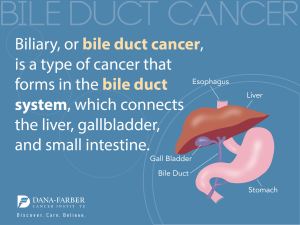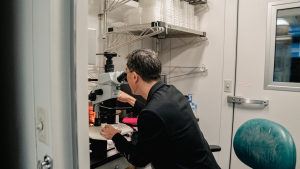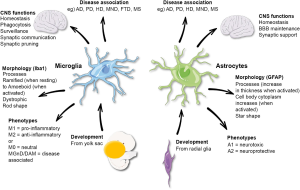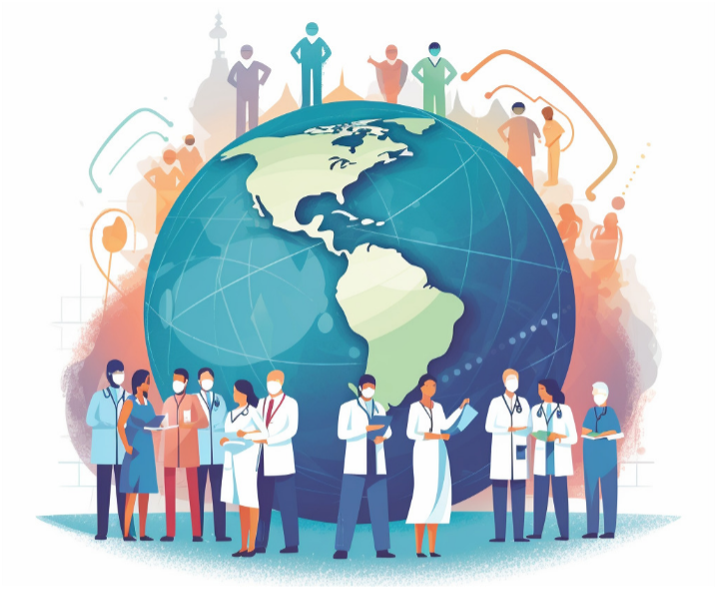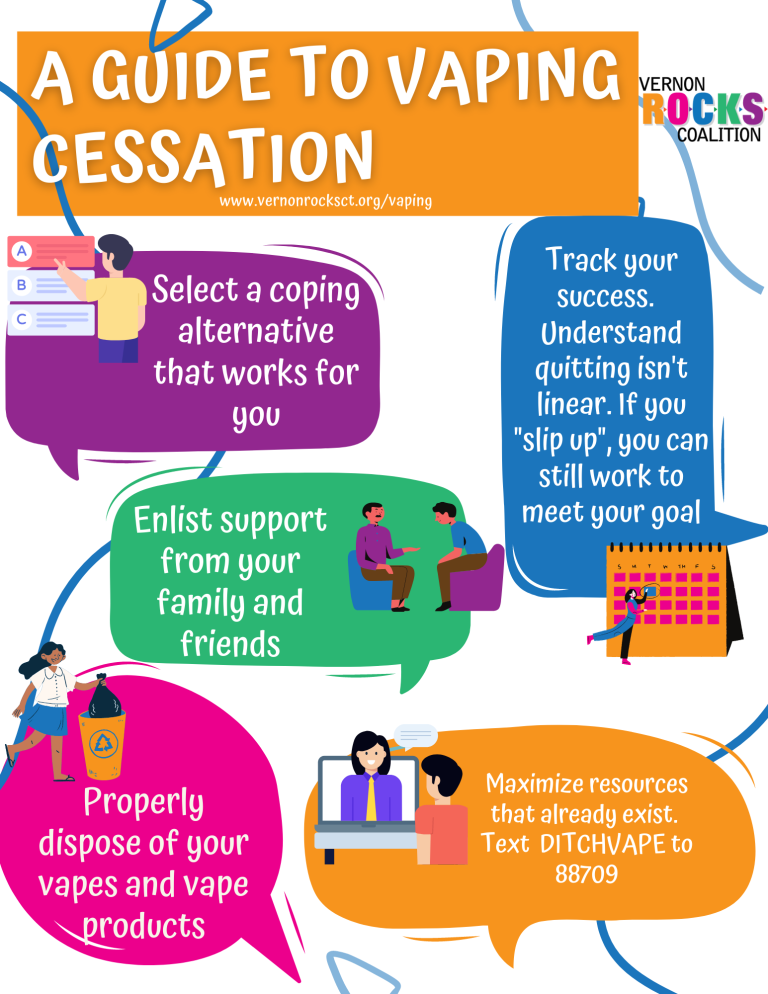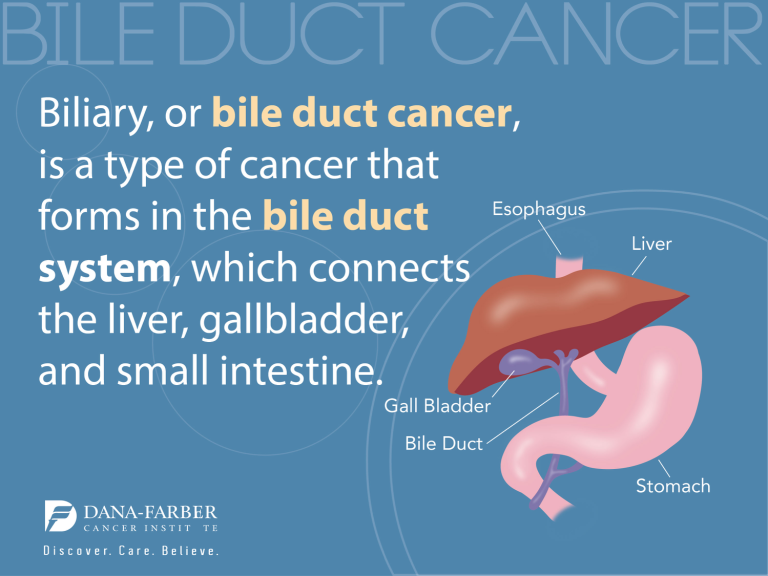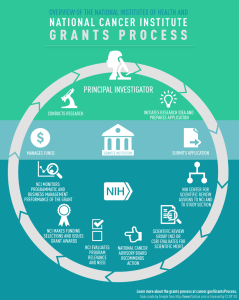Global health is a pressing issue that resonates through every corner of the world, affecting how societies function and thrive. As highlighted by renowned surgeon and author Atul Gawande, the recent dismantling of the U.S. Agency for International Development (USAID) has inflicted significant damage on global health initiatives. With critical public health programs at risk, millions may suffer due to a lack of sufficient maternal health services and health infrastructure. The impact of these changes extends beyond borders, challenging the very essence of international health collaboration and response to epidemics. In an age where interconnectedness defines our global community, a renewed commitment to advancing global health is not only necessary but urgent.
Addressing global wellness challenges requires a comprehensive approach that includes international cooperation and robust health systems. The well-being of populations across nations heavily relies on strong public health strategies and support, particularly in combating maternal health issues and infectious diseases. At the forefront of these efforts is the recognition that health infrastructure not only enhances individual health outcomes but also fortifies communities against potential health crises. Economic and social stability hinges on effective healthcare solutions and programs that cater to diverse health needs. As discussions on global health evolve, the responsibility extends to both national leaders and local stakeholders to safeguard and advance health initiatives worldwide.
The Detrimental Impact of USAID Cuts on Global Health
The recent cuts to USAID, as highlighted by Atul Gawande, signify a perilous moment for global health infrastructure. The dismantling of this once resilient agency has not only jeopardized essential public health programs but has also diminished the United States’ standing as a leader in international health efforts. With the loss of more than 85 percent of its initiatives, millions of lives that depended on maternal health initiatives and basic healthcare services have been put at risk. Gawande’s experiences in a leadership role at USAID shed light on how pivotal the agency was in combating global health crises, including disease outbreaks and maternal mortality, which are now threatened under this reduced operational capacity.
USAID played a crucial role in forming a network that responded swiftly to health emergencies around the world, transforming the emergency response times for outbreaks like Ebola and bird flu. This framework was particularly designed to support countries with limited healthcare resources and infrastructure. Now, following these devastating cuts, the very fabric of global health surveillance is compromised, jeopardizing not only the health of vulnerable populations but also the foundational investments made in public health programs that were previously operational in 50 countries.
Frequently Asked Questions
How does Atul Gawande define the current state of global health?
Atul Gawande describes the current state of global health as ‘devastating’, mainly due to the dismantling of U.S. Agency for International Development (USAID) and its public health programs. He highlights the urgent need to restore health and science infrastructure to rebuild global health initiatives.
What role did USAID play in improving global health before recent cuts?
Before recent cuts, USAID played a critical role in enhancing global health by establishing a network in 50 countries that surveilled diseases like Ebola and bird flu. Their public health programs significantly reduced emergency response times to global outbreaks and improved maternal health outcomes worldwide.
What are some key programs USAID implemented for maternal health?
USAID implemented crucial maternal health programs that focused on reducing severe hemorrhaging after childbirth and addressing the leading causes of maternal deaths. These initiatives reached millions and added several years to the life spans of women and children under five.
What impact did Atul Gawande have during his tenure at USAID?
During his tenure at USAID, Atul Gawande led initiatives that scaled up treatments for maternal health, enhanced disease surveillance, and significantly advanced public health programs aimed at preventing deaths from HIV, tuberculosis, and malaria, thereby improving global health outcomes.
What challenges does the U.S. face in leading global health efforts?
The U.S. faces significant challenges in leading global health efforts, primarily due to recent governmental shifts that have curtailed funding and staffing at USAID. Gawande expresses uncertainty about America’s willingness to resume its leadership role in global health.
How can individuals and organizations contribute to global health despite the current challenges?
Individuals and organizations can contribute to global health by leveraging their expertise, advocating for health funding, and supporting global health initiatives passionately. Gawande emphasizes that the need for dedicated professionals in global health is as critical now as ever.
What are the potential consequences of funding freezes in global health research?
Funding freezes in global health research jeopardize essential studies and programs aimed at improving maternal health and tackling diseases. These cuts can lead to increased mortality rates and hinder ongoing efforts to manage global health crises effectively.
Why is it important for universities and medical centers to partner with organizations like USAID?
Partnerships between universities, medical centers, and organizations like USAID are vital for advancing global health research, sharing expertise, and implementing effective public health programs that address pressing health challenges worldwide.
| Key Point | Details |
|---|---|
| Atul Gawande’s Perspective | Surgeon and former head of USAID’s Bureau for Global Health, Gawande emphasizes the irreparable damage done to USAID and global health outreach. |
| Impact of USAID Cuts | Over 85% of USAID programs have been terminated, resulting in ‘devastating’ impacts on global health initiatives. |
| Historical Achievements | USAID significantly reduced emergency response times for outbreaks, improved maternal and childhood health and combat HIV, tuberculosis, and malaria. |
| Future of Global Health | While Gawande expresses hope for the future of global health, he questions America’s role and leadership moving forward. |
| Message to Students | Students and future health professionals are encouraged to remain committed, as their expertise will be crucial to ongoing health challenges. |
Summary
Global health has been severely impacted by recent changes in U.S. policy, particularly the dismantling of USAID under previous leadership. Atul Gawande’s insights reveal a landscape where vital health and science programs have been dramatically reduced, affecting millions worldwide. Despite the challenges, the commitment of new generations in the health field remains crucial. Maintaining a focus on global health is essential not only for international progress but also for the U.S. to regain its leadership role in health care and humanitarian efforts.

